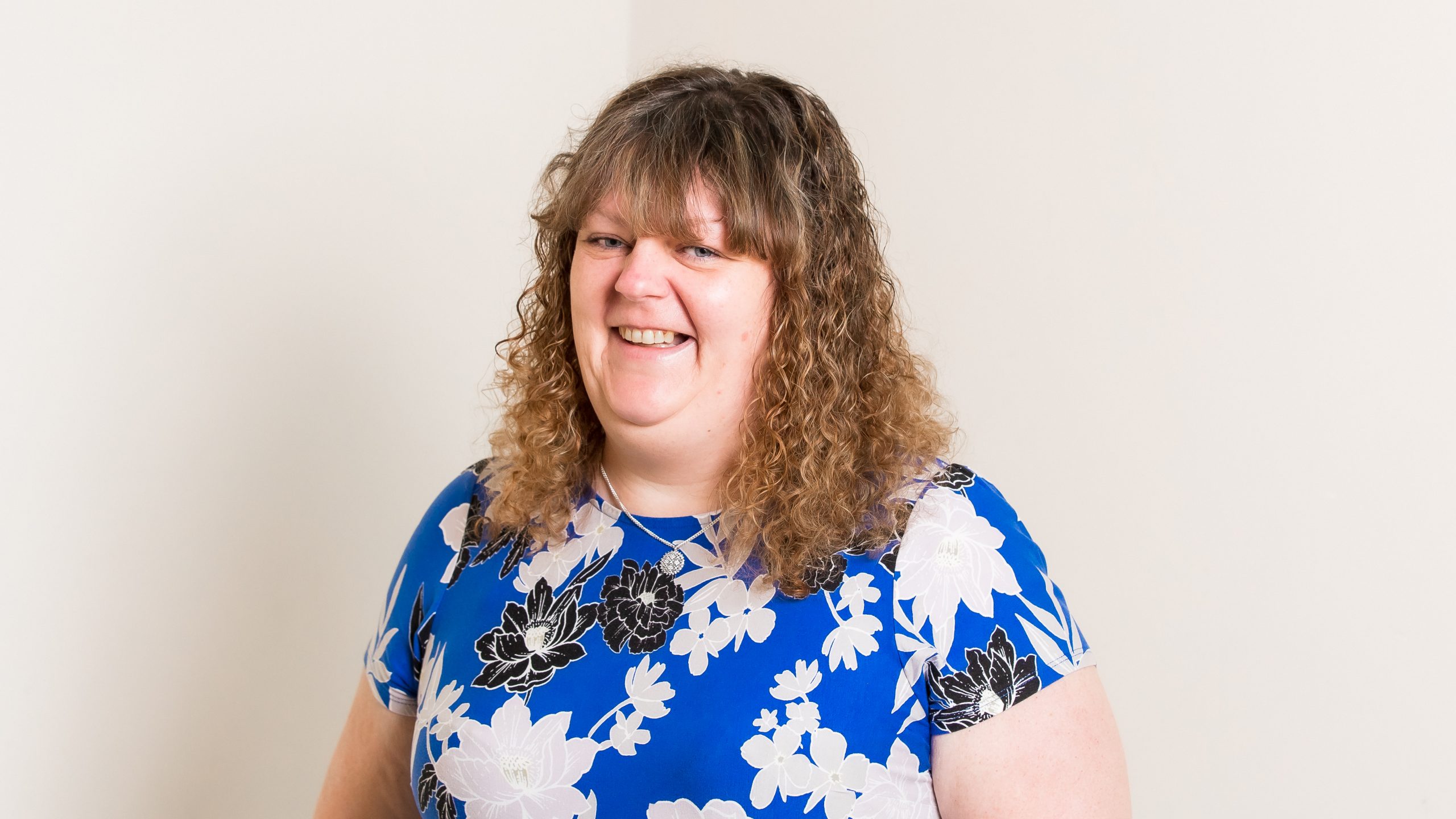Other defining characteristics of BBS include polydactyly (extra fingers and/or toes) and obesity. About 75% of all individuals with BBS experience developmental difficulties ranging from mild impairment or delayed emotional development to intellectual disability. The degree of intellectual disability can range from mild cognitive disability to severe intellectual disability. Individuals with a specific subype of BBS called BBS10 may also experience kidney (renal) issues, sometimes culminating in kidney disease. Kidney disease can affect the structure and function of the kidneys and can lead to severe renal impairment.
Cause
Bardet-Biedl syndrome is a rare condition affecting approximately 1 in 100,000 people in the UK. It occurs when there are mutations in a BBS gene; more than 20 different genes have now been identified and there are still more to find. BBS is recessively inherited, meaning that both parents must be carriers of the BBS gene for the condition to potentially occur in their children. More information about inheritance patterns is available from the About Inherited Sight Loss section of our website: Inheritance patterns – Retina UK
Treatment
Current treatment for BBS focusses on treating the specific symptoms affecting each individual. As many body systems are involved, care often requires the coordination of a team of specialists from different departments. NHS multi-disciplinary clinics are available for patients diagnosed with BBS in the UK, for more information go to bbsuk.org.uk/bbs-clinics-service/.
Some of the physical symptoms associated with BBS can be corrected with surgery such as extra fingers or toes. Kidney transplantation may be considered if severe kidney disease develops. However, individuals who do develop kidney failure seem to do well with dialysis and transplantation.
Hyerphagia (excessive hunger) and food seeking behaviour are common, which makes dietary management challenging. In terms of treating the obesity, a multi-disciplinary approach is needed and should include diet, behavioural management and exercise. Early referral to a registered dietitian with experience of BBS is important and attendance at the multi-disciplinary BBS clinics is recommended.
For the sight loss that occurs with BBS, a low vision specialist can help recommend resources and services to help the individual adapt. Care under the supervision of an ophthalmologist can help correct low vision acuity, myopia (near sightedness) or hyperopia (far sightedness).
Retina UK welcomes families affected by BBS to its community. However, we don’t have specialist knowledge about symptoms other than sight loss. This organisation may be able to help:
Bardet-Biedl Syndrome UK (BBS UK)
Tel: 07784 922654
Email: admin@bbsuk.org.uk
Website: About BBS UK – BBS UK

